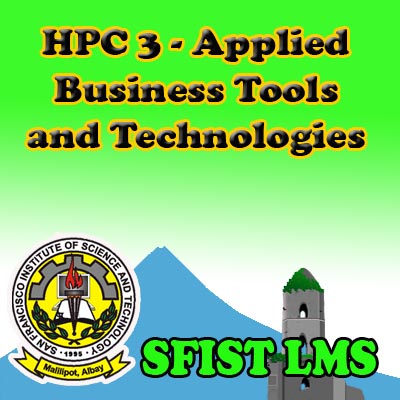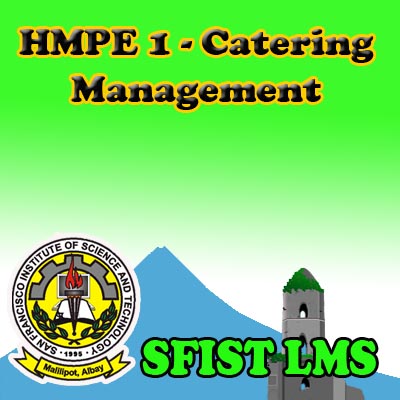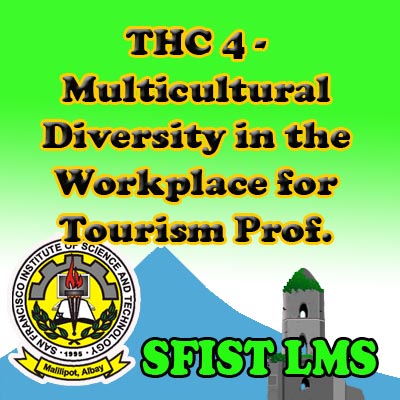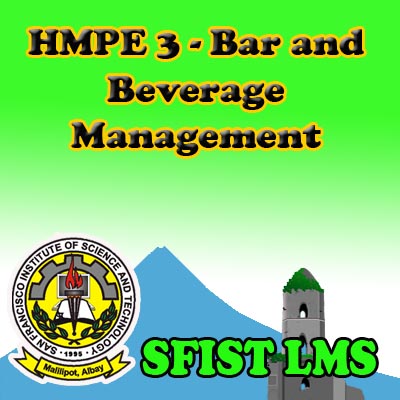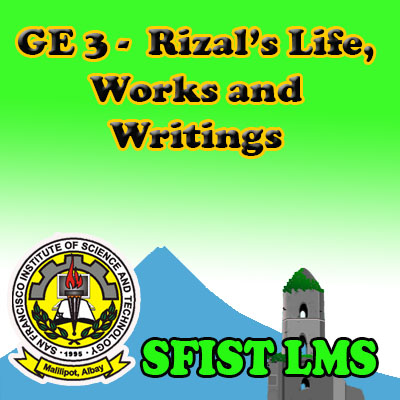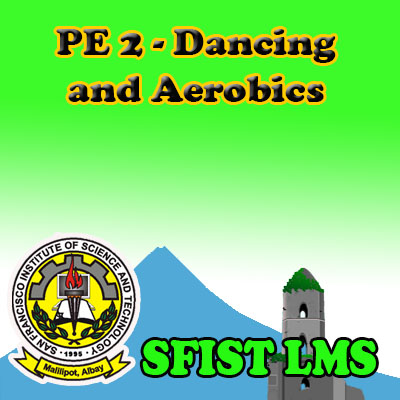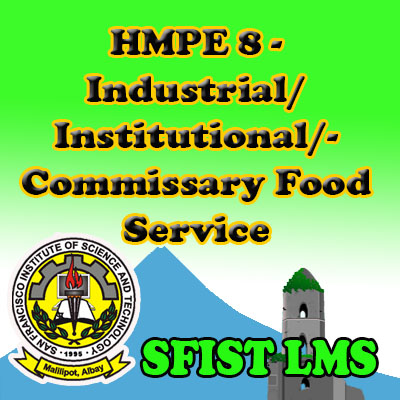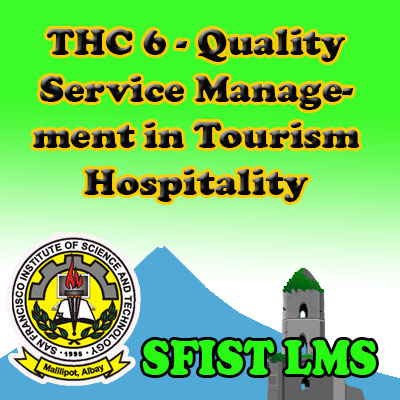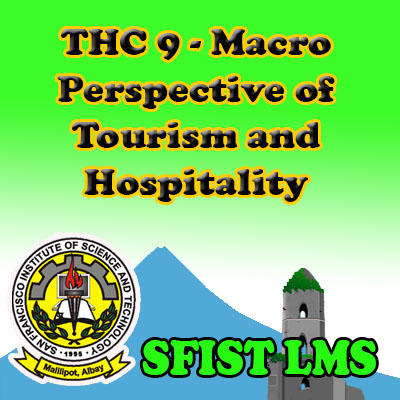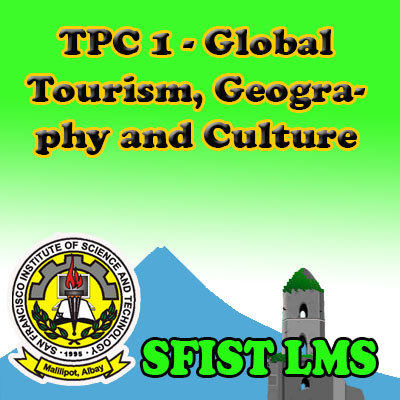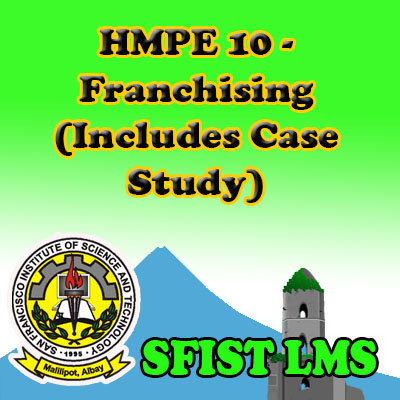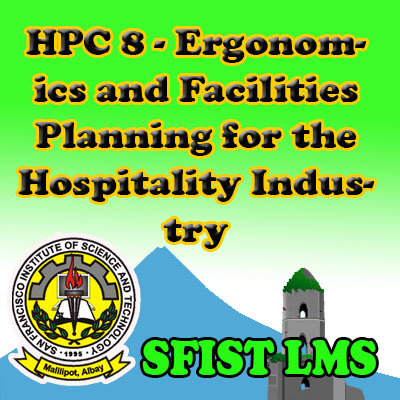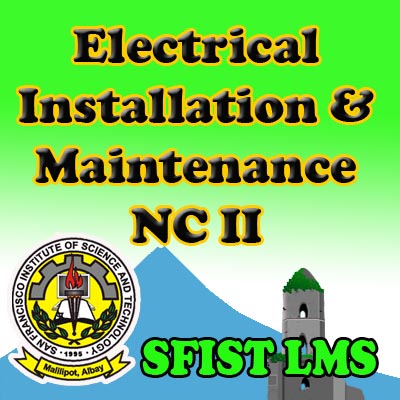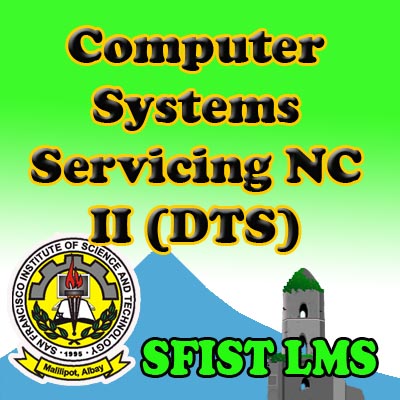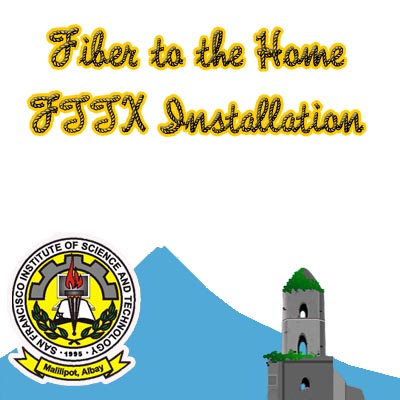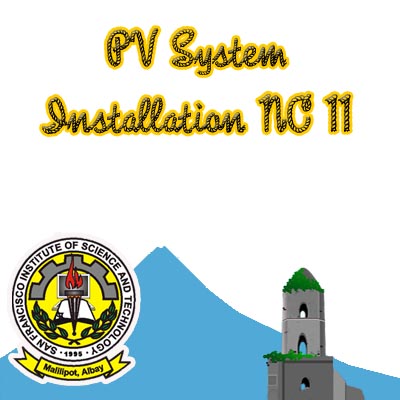- Teacher: Jonathan Mondragon
Available courses
- Teacher: Cyberg Joseph Oribiada
This subject is designed to attain Basic Communication Skills for students who are focused on the interrelated activities on the four macro skills namely listening, speaking, reading and writing. The lessons deal primarily on the comprehensive review of basic grammar and composition using activities in line with their chosen field of specification. It also includes lessons on the use of the library and other study aids to expose students to all possible of coping with their learning needs.
- Teacher: Andrey Labordio
This course covers the fundamentals of chemistry and its basic principles. The scope of Chemistry, and importance, including its concepts applied to inorganic, organic, biochemistry, atomic and molecular structure, kinetic – molecular theory, chemical and physical changes, solutions, and colloids. The course emphasizes the problem-solving calculations, chemical equations, and nomenclature. Topics include measurements, matter, energy, atomic theory, bonding, molecular structure, nomenclature, balancing equations, stoichiometry, solutions, acids and bases, gases, and basic organic chemistry. Upon completion, students should be able to understand and apply basic chemical concepts and demonstrate basic laboratory skills necessary for success in college-level science courses. This course is intended for the students who require a basic knowledge of Chemistry for use in their daily lives or as a prerequisite for other courses, and who have not previously taken a Chemistry subject.
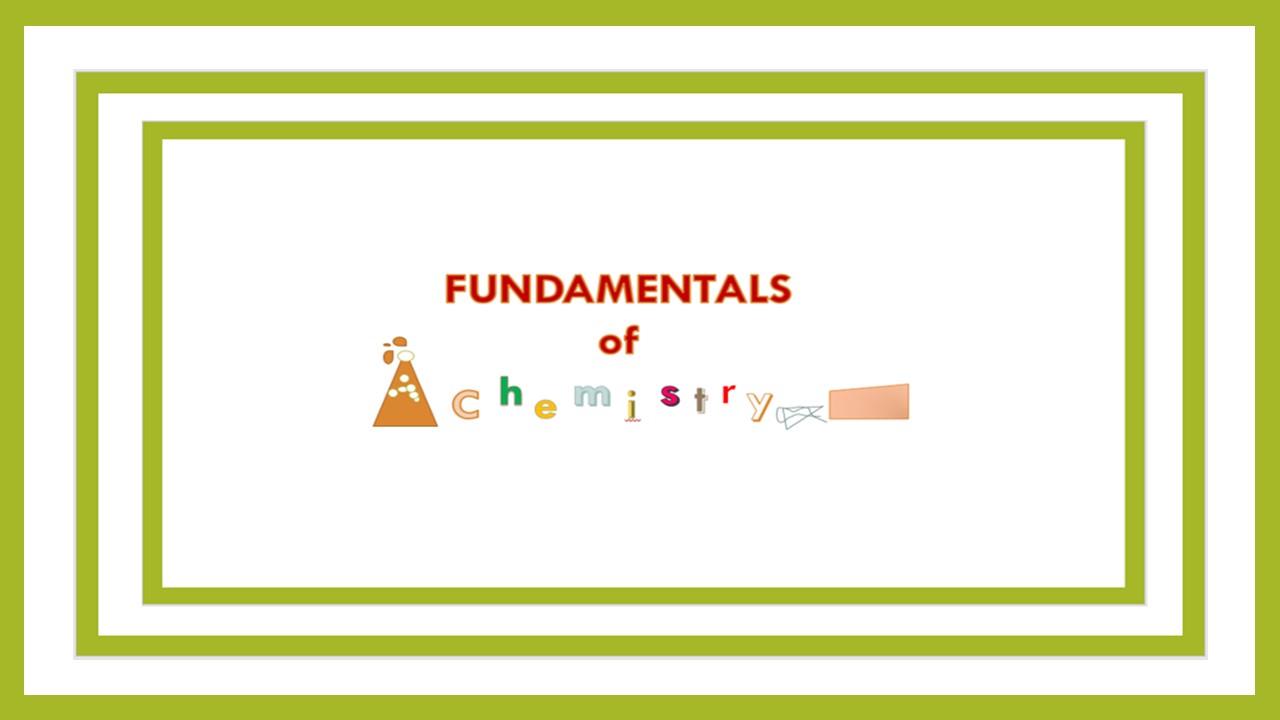
- Teacher: Aimee Samar
Welcome to Workplace Values and Ethics course subject. This subject deals
with concept of values, morality, as well as cultural beliefs and upbringing in
all area of industry. Decisions made by shift managers or corporate presidents
may affect thousands of individuals or entire communities. Consumers today
expect and demand integrity, honesty and transparency in all levels of their
environment. Understanding those expectations if the key to communicating
core values and behavior not only to employees, but society in general.

- Teacher: Romel Vicuña
This course covers the fundamentals of computers and computer nomenclature, particularly with respect to personal computer hardware and software used in today’s business environment. Students will survey and use business applications programs utilizing pre-written programs that include word processing, spreadsheets, databases, presentation graphics, and Web browsers. Students completing the course will have a solid understanding of computer concepts, how to use computers in today’s business world, and how to access information on the World Wide Web.
- Teacher: Manuel Bobis
- Teacher: Elmer Brampio
The course will cover the concepts and application of orthographic projection, isometric representation, and basic dimensioning for mechanical. Also this course will discuss schematic diagram and PCB layout using CAD.
- Teacher: Cyberg Joseph Oribiada
This course will cover basic in carpentry such as Joinery, Technical terms related to Joinery, their description, identification and application, Various type Wood-working machines, their prescriptions, use; care and maintenance. Basic in Pattern- making and foundry that include brief description of pattern making machineries, circular-saw, Bond and Universal wood-working machines, wood-turning, Lathe, their uses. Contraction and shrinkage allowance for various metals, their influence on pattern making. Basic in machinist trade that includes Setting up work on milling machine, planning machine matching fixing, cutters, adjustment, side, milling cutting, grove more key way, cutting back pinion and simple gears.
- Teacher: Roger Borromeo
- Teacher: Jonathan Mondragon
Course Description:
This course will focus on the introduction to theory, analysis and design of electric circuits. Voltage, current, power, energy, resistance, capacitance and inductance. Kirchhoff's laws node analysis, mesh analysis, Thevenin's theorem, Norton's theorem, steady state and transient analysis, AC, DC, phrasors, operational amplifiers, transfer function.
- Teacher: Alritz Escoto
This course is designed to expose the students in many fitness activities. Through this varieties of fitness skills, one will be more knowledgeable as to process of continued fitness throughout one’s lifetime. The course is also intended to introduce the students to the method of procedure for teaching fitness, nutritional health, and general wellness principles. Students will complete as assessment measuring aerobics fitness, strength, flexibility and nutrition.
- Teacher: Andrey Labordio
This subject will discuss mathematics in electrical and electronics that includes scientific notation, Basic Algebra in electronics circuit such as amplifier, Resistive capacitance and inductive capacitance circuit. It also includes Resistance, AC and DC Circuit, Frequency, Inductance, Capacitance and Resonance. There are some mathematical problems that will discuss in this subject.
This subject deals with Faraday's law of induction, Gauss's Law, Kirchhoff's current and voltage law, Ohm's law, Norton's theorem, Thevenin's theorem, Millman's theorem and Analysis of resistive circuits.
This course provides an in-depth study of personal computer hardware w ith the focus on field replaceable units (FRUs). Topics include: system boards, processors, memory, storage devices, I/O ports, cabling, power supplies, multimedia devices, printers, and troubleshooting.
- Teacher: Manuel Bobis
- Teacher: Elmer Brampio
This course will discuss the basic theories and principles that are fundamental to electronics through the development of exciting class projects. Methods for accomplishing this, will include the building of circuits through bread boarding, soldering, reading a digital multi-meter, and utilizing electrical design software. Students will build engaging projects such as detector, a clap-on/clap-off circuit, scrolling LEDs.
- Teacher: Anatol Burce
This subject will discuss an analog concept that includes the basic principles of operation, terminal characteristics, and equivalent circuit models for diodes, transistors, and op-amps. Design and analysis of multistage analog amplifiers. Study of differential amplifiers, current mirrors, and gain stages. Frequency response of cascaded amplifiers and gain-bandwidth considerations. In this subject will also discuss digital concept that includes Number Systems, Logic Gates, Combinational Logic, Applications of combinational logic, Latches and Flip-Flops, Counters, Synchronous sequential circuits, Shift Registers, Programmable Logic Devices, Data Conversion Circuits
In this competency-based course students will learn the fundamentals of drafting in a modern, networked, computer lab using AutoCAD drafting software. The course will cover the concepts and application of orthographic projection, isometric representation, and basic dimensioning for mechanical. Also this course will discuss schematic diagram and PCB layout using CAD.
Lectures on the principles and practices of fitness, sports, recreation, and nutrition. Practical sessions involving fitness testing and various fitness programs.
This course presents the fundamentals of circuit analysis. It begins with basic concepts such as voltage, current, sources and Ohm's law; then it
proceeds to develop general and powerful procedures (nodal and mesh analysis) used in analyzing electric circuits. These methods are first applied to
resistive circuits and later to circuits with more complex elements such as capacitors and inductors. Circuits with DC sources as well as those with
sinusoidal sources are analyzed. The subjects of steady-state power and three-phase balanced systems are also covered.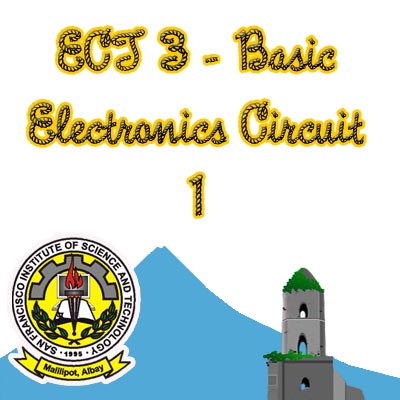
- Teacher: Anatol Burce
This course gives students a foundation in the study of data communications and computer networking. Topics covered will include basic data
communications, the Open Systems Interconnect (OSI) Model, Local Area Networks (LAN), common communications standards, mobile/wireless communications, an
introduction to network security.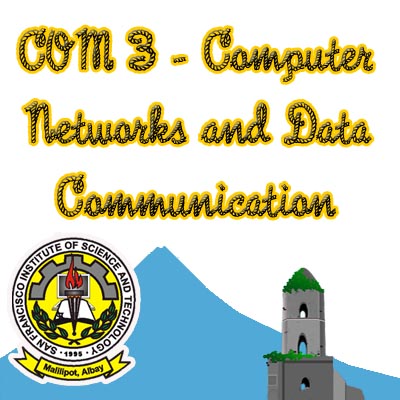
- Teacher: Manuel Bobis
This course introduces students to the basic concepts of computers, their design and how they work. It encompasses the designation of the machine's instruction set
architecture, its use in creating a program, and its implementation in hardware. The course addresses the bridge between gate logic and executable
software, and includes programming both in assembly language (representing software) and HDL (representing hardware). It also covers modern computer
principles using a typical processor and e-phase system-level issues, understanding process performance, and the use of abstraction as a tool to
manage complexity. We then learn how efficient memory systems are designed to work closely with the processor. Next, we study input/output (I/O) systems
which bring the processor and memory together with a wide range of devices.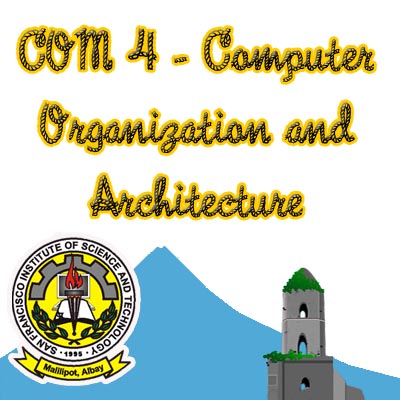
- Teacher: Elmer Brampio
This course will discuss Ac signal sources, Oscillators, Selection of an Oscillator, Barkhausen criteria. Audio frequency oscillator (Wien bridge
oscillator, Phase shift oscillator), Radio frequency oscillator (Colpitts oscillator, Hartley oscillators), Crystal oscillator. Signal Generator, Sweep
frequency generator, Pulse and Square wave generator, Function Generator, Attenuators. Harmonic analysis, Frequency spectrum of waveform, Harmonic
distortion. Harmonic Analyzing Instruments, Harmonic distortion analyzer. Wave analyzer, spectrum analyzer. Transducers, classification of transducers,
Selecting of Transducer, Strain gauge transducer, Displacement Transducer, Capacitive Transducer, Inductive Transducers, Piezoelectric Transducer, Temperature
Transducers, Photoelectric Transducers. Data acquisition system, Signal conditioning circuit. Digital to Analog and Analog to Digital converters. Data
acquisition system and computerized control.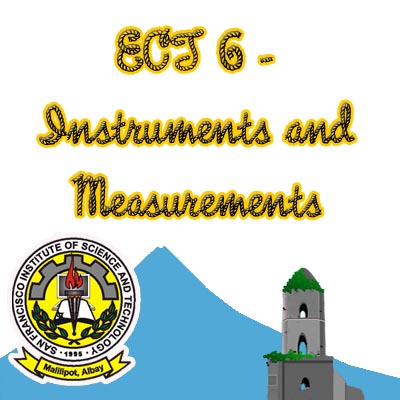
- Teacher: Anatol Burce
This subject covers the knowledge, skills and attitudes required to install and service consumer electronic products and systems. Lessons includes
repair and maintenance of domestic appliances with heating elements or appliances that produces heat, appliances with motor or motor operated
appliances It also consists of competencies in installing, maintenance and repairing/ troubleshooting industrial electronic modules, products and systems.

- Teacher: Anatol Burce
This course covers theories and principles of audio and video devices in analog and digital forms. This course will also cover
installation of domestic home theater systems and It includes competencies in installing, maintenance and repairing audio-video products/ systems. 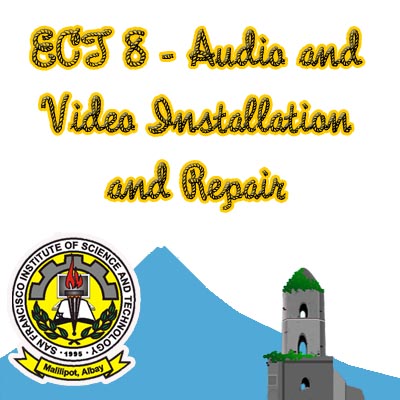
- Teacher: Anatol Burce
This subject covers the knowledge, skills and attitudes needed to set-up computer servers for LAN and Data Center systems. It consists of competencies to set-up user
access and configure network services as well as to perform testing, documentation and pre-deployment procedures of license and Open source Server OS.This course will provide the student with an understanding of, and a proficiency in the analysis of, electrical circuits containing both active and passive components under both steady state and dynamic (time varying) conditions. This include The Darlington Configuration, BJT Differential Pair, Low-Frequency Response of Discrete Circuit Amplifiers, Internal Capacitive Effects and High Frequency Model, Useful Techniques for Analysis of High-Frequency Response, Properties of Negative Feedback, Feedback Voltage Amplifier, Class A,B, AB, D Output Stage, Non-linear Amplitude Control, Op-Amp RC Oscillator Circuits and IC Timers.
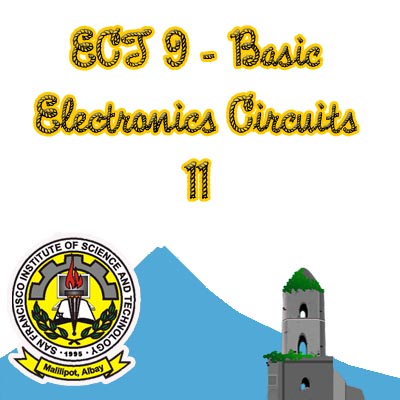
This course will discuss the fundamentals of electronics surveillance systems for analog and digital systems. This will cover installation of both analog and digital security and surveillance systems that cover CCTV, motion sensor, access control and other security systems.
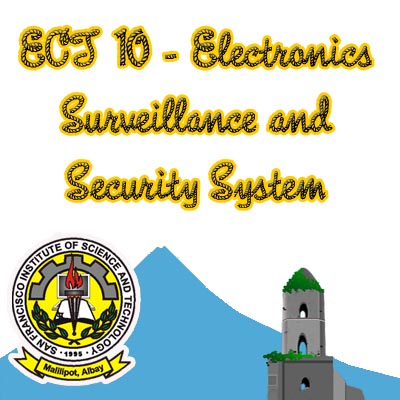
This subject covers operational amplifier principles and applications including comparators (zero and non-zero crossing detectors), voltage followers, inverting and non-inverting amplifiers. Subtraction, summing (mixer) difference and compound amplifiers and active filters. Operational amplifiers circuits are configured to make up complex analog circuits. It includes the temperature controller and the pulse width modulation technique of DC motor speed control. The importance of digital computers used in modern industrial processes is stressed. Thyristors, photosensitive devices, optically coupled devices, timer control circuits and various transducers are introduced.
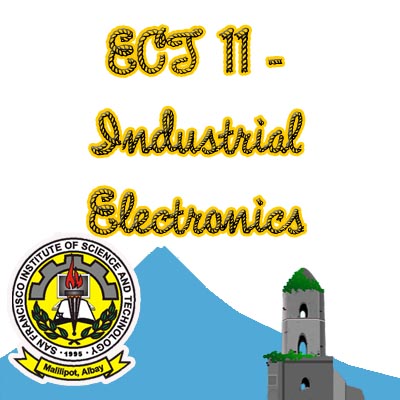
This course will cover the concepts associated with the Fourier transform, active filtering, spectral analysis, sampling theory and signal modulation/ demodulation. Filter design will include active higher order bandpass, lowpass, highpass and linear phase filtering. Matched filtering and quadrature detection for binary demodulation will be studied. Sampling theory will cover impulse, natural and sample and hold types of sampling design. The modulation techniques covered will include Amplitude Modulation (AM), Frequency Modulation (FM), Double SideBand Suppressed Carrier (DSBSC) modulation and Direct Sequence Suppressed Carrier (DSSS) modulation.
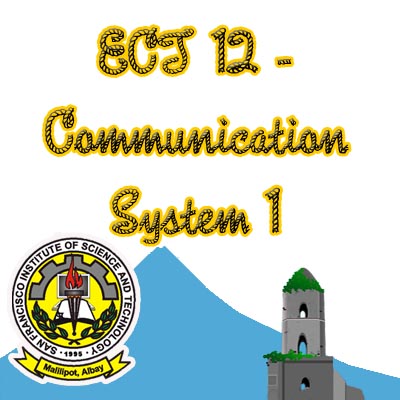
The objective of this course is to provide a basic introduction to the theory of digital signal processing (DSP). This subject will discuss advanced digital filtering: polyphase, multirate, all-pass, lattice & IIR filters. Signal conditioning, analog filter types, sigma delta converters. Fast algorithms; Cooley-Tukey FFT, mixed radix formulations, Good-Thomas algorithm. Autoregressive, moving average signals. DSP applications and programming.
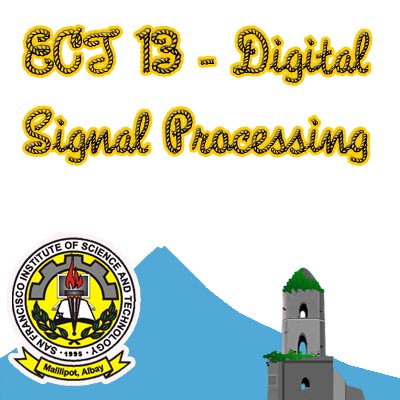
This subject provides problem solving and computer programming skills in C and assembly language for students with basic experience in the area of programming. This subject will discuss Elements of the C and assembly Programming Language, Input and Output, Control Structures, Modular Design and Function, Storage Classes, One-Dimensional Arrays, Multidimensional Arrays, Characters and Strings, Pointers and Dynamic Storage and Structures in C language. Prototyping using EPROM devices will use a universal programmer device.
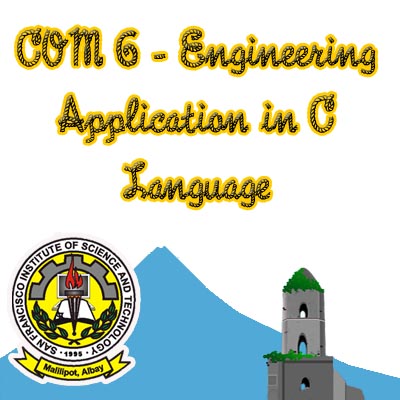
This subject deals with advanced configuration and management of network servers. This includes advanced router management using industrial grade routers. The configuration covers wired and wireless advanced configuration and security. Also deployment of router operating systems will be discussed in this subject. Server management includes web server, data center, database server and other specialized server applications covering both license and open source network operating system. This subject also covers plan and implement server virtualization strategy, plan and implement networks and storage for virtualization, plan and deploy virtual machines and manage a virtual machine deployment.

This course will provide an opportunity for participants to establish or advance their understanding of research through critical exploration of research language, ethics, and approaches. The course introduces the language of research, ethical principles and challenges, and the elements of the research process within quantitative, qualitative, and mixed methods approaches. Participants will use these theoretical underpinnings to begin to critically review literature relevant to their field or interests and determine how research findings are useful in forming their understanding of their work, social, local and global environment.
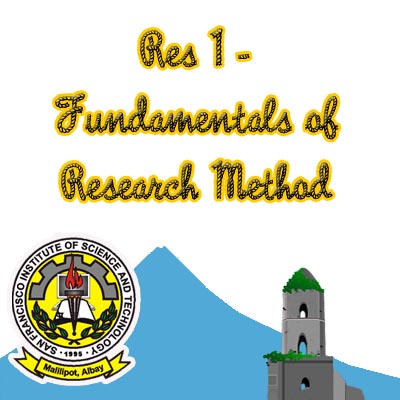
The course includes the journey into the world of entrepreneurship with introspection of a business idea into a viable venture. The focus is on unleashing the entrepreneurial spirit in each individual.
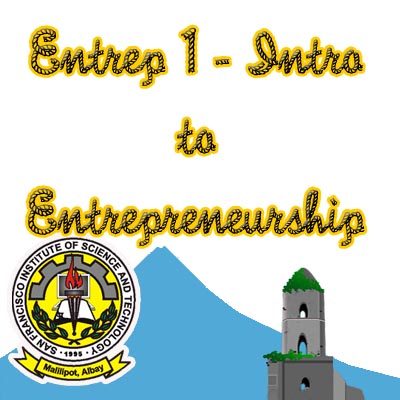
This course will discuss advanced electronics circuits. This includes second-order circuits, damping in second-order systems, sinusoidal steady state analysis, frequency response, frequency response plots, impedance methods, filters, quality factor, time and frequency domain responses, op-amp abstraction, negative feedback, op-amp amplifiers, op-amp filters and other circuits, Stability, positive feedback, oscillators, energy and power, CMOS digital logic, breaking, the abstraction barrier
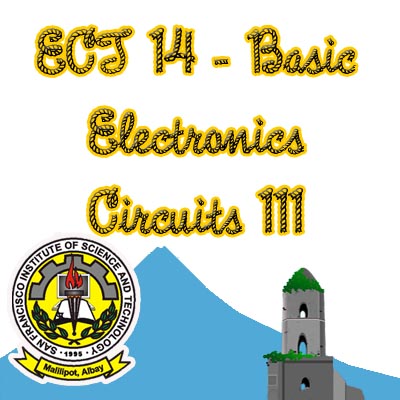
This subject provides an introduction to Embedded Systems. Through the use of simulation software, real devices interfaced to a PC and with embedded devices, you will develop competence in microprocessor based digital system design and interfacing. Specific Topics: Introduction to Digital Hardware Technologies, Introduction to Computer Systems & Architectures, Introduction to Assembler-level software for Embedded Systems, Introduction to Interfacing Computer Systems to External Hardware
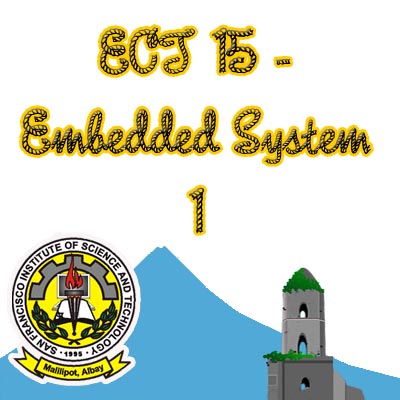
This subject covers Programming Arduino board using IDE, Programming in C Language, Programming CPU based microcontrollers and Programming AVR microcontroller using AVR Studio IDE and ICSP. This subject also covers basic input output configuration and serial interfacing of industry based programmable logic controllers.
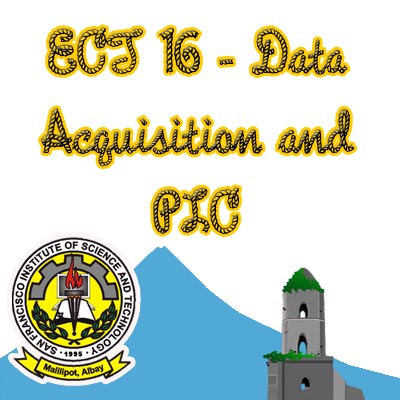
This course will cover basic and advanced signal processing operations in digital communications, Digital Pulse Modulation, Signal Space Concepts, Digital BandPass modulation schemes, Detection of signals in Gaussian Noise.
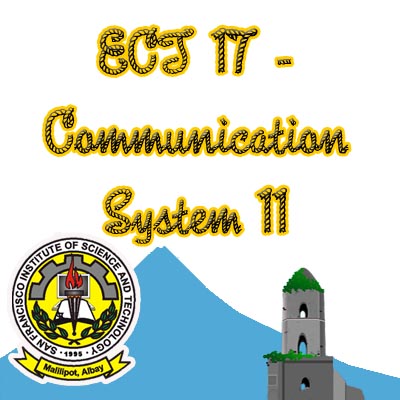
This course will cover Intensive and hands-on; the course emphasizes becoming productive quickly as a Java™ application developer. This course quickly covers the Java language syntax and then moves into the object-oriented features of the language. Students will then learn the I/O streams and collections API packages. This course is current to Java 7 and uses the Eclipse IDE.
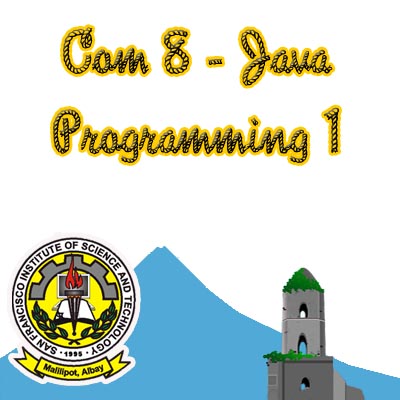
This course discusses writing, speaking, and presenting to different audiences and for various purposes.
- Teacher: Andrey Labordio
This course presents
comprehensive coverage of the major tourist destination in the Phil. Major
discussions will be on political structures and subdivisions, geographical
characteristics, major attractions, gastronomy, culture and traditions of the
various regions of the country leading to the realization of the potential of
the Tourism Industry of the Phil. Students will also have a comprehensive
knowledge about the mechanism, logistics, operations and management of the
tourism network system in the Phil. With its inherent physical and cultural
resources as seen in the various provinces of the country.
- Teacher: Mabel Echague
This course describes
the skills, knowledge and performance outcomes required to develop the ability
of students to become professionals in their field by understanding the ideas
of improving one’s personality and ways on how they are going to be valued in
the business industry by means of presenting their ideas like company meetings,
professional networking, interviews and through proposals of services
considering the proper collaboration to their associates and portraying
professional business ethics. It also teaches writing skills and emphasize in
verbal communication and preparation of plans that requires them to research
career options and company potentiality and stability to develop a strong and
effective career pathway.
- Teacher: melanie reverente
- Teacher: Melanie Reverente
The students will develop knowledge, skills and
values on the basic principles of personal hygiene, food safety and sanitation
as applied in the tourism and hospitality industry. Topics include: compliance with workplace
hygiene procedures, Establishment and maintenance of a safe and secure
workplace, implementation of occupational health and safety procedures and
Performing Basic First-Aid procedures.
- Teacher: Marilyn Bringino
- Teacher: Jose Mari Jecon Miralo
This course will discuss the nature of mathematics, appreciation of its practical, intellectual, and aesthetic dimensions, and application of mathematical tools in daily life.
- Teacher: Andrey Labordio
This course deals
with the basic principles of applied economics, and its application to
contemporary economic issues facing the Filipino entrepreneur such as prices of
commodities, minimum wage, rent, and taxes. It covers an analysis of industries
for identification of potential business opportunities. The main output of the course
is the preparation of a socioeconomic impact study of a business venture.
- Teacher: Marilyn Bringino
- Teacher: Joanne Ocbian
- Teacher: melanie reverente
The students will
learn the necessary knowledge, develop the various skills and cultivate the
proper attitudes needed for the delivery of quality service of food and
beverage operations in hotels and restaurants. Topics include the following:
Clean and tidy bar and food service areas; Develop and maintain food and
beverage product knowledge; Manage the responsible service of alcohol; Prepare
and serve cocktails; Prepare and serve non-alcoholic beverages; provide room
service; provide silver service; take food orders and provide courteous table
service; Manage intoxicated persons.
- Teacher: Perla Bragais
- Teacher: CRISANTA SAPICO
This course describes
the skills, knowledge and performance outcomes required to explore and analyze
the management and practices of lodging operations and related sales activities
in the major operating and support departments. It will also expose the
students on the unique aspect of managing a service – based lodging
establishment delivered by diverse employees and understanding of the business
and financial operations of the lodging firm. The course introduces the
housekeeping department of a hotel and lodging organization; its organizational
structure; roles and responsibilities; functions of the department; equipment
and tools for housekeeping operations; methods and procedures of cleaning
operations including linen, uniform and laundry service; general maintenance
and decoration of a hotel; safety and sanitation in housekeeping operations;
management of operations and record keeping; precautionary procedures; guest
safety and hotel assets. Laboratory includes actual exposure in the
housekeeping operations.
- Teacher: CRISANTA SAPICO
This course is designed to expose the students in many fitness activities. Through this varieties of fitness skills, one will be more knowledgeable as to process of continued fitness throughout one’s lifetime. The course is also intended to introduce the students to the method of procedure for teaching fitness, nutritional health, and general wellness principles. Students will complete as assessment measuring aerobics fitness, strength, flexibility and nutrition.
- Teacher: Andrey Labordio

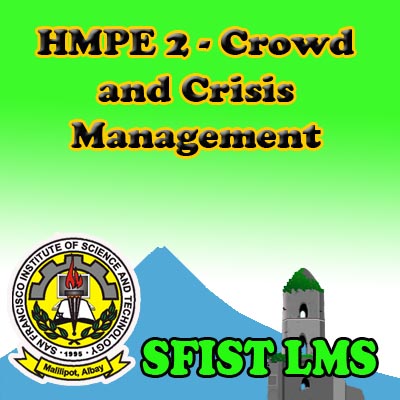
- Teacher: CRISANTA SAPICO
This course consists of competencies that a person must achieve to
operate a restaurant and/or coffee shop, managing a team of food service and/or
food preparation staff for guests in hotels, motels, restaurants, clubs,
canteens, resorts, luxury liners and cruise ships within the company’s
acceptable standards. Specifically, it includes competencies on operating a food outlet,
preparing tenders for catering contracts, developing a food safety program and
planning for coffee shop operations. S/he is also able to implement and/or execute plans and monitor
expenses to generate the required gross profit margins.

- Teacher: Jose Mari Jecon Miralo
The student will
learn theoretical knowledge and demonstrate practical skills in basic culinary
tasks, basic food preparation and food presentation in a commercial
establishment. Topics will include the following: Application of basic
techniques of commercial cookery; application of standard safety procedures for
handling food stuffs; clean and maintain kitchen equipment and utensils;
organize and prepare food products and
meals ; prepare and store food in a safe and hygienic manner; receive and
securely store in-coming goods; establish and maintain quality control in food
production; identify, prepare, and portion various meats; prepare appetizers
and salads; prepare soups, stocks and sauces; prepare veg., eggs and
farinaceous dishes; present and display food products.

- Teacher: Aimee Samar
This course will discuss interactions between
science and technology and social, cultural, political, and economic contexts
which shape and are shaped by them; specific examples throughout human history
of scientific and technological developments

- Teacher: Aimee Samar
This course is
designed to familiarize the students with the basic concepts, principles, and
processes related to business organizations and the functional areas of
management. Particular emphasis will be given to the study of management
functions like planning, organizing, leading and controlling and orient the
students on the importance of these functions and role of each area in
entrepreneurship.

- Teacher: melanie reverente
This course describes
the skills, knowledge and performance outcomes required to plan and develop a
feasible business plan by understanding the nature and scope of
entrepreneurship, scanning the market of potential entrepreneurial venture
opportunities and identifying and evaluating the methods of venturing into
business including but not limited to starting one’s own business, buying
existing businesses and the process of franchising. It also emphasizes on
assessing the possible characteristics and mindset of entrepreneurs, analyzing
typical entrepreneurial venture challenges, errors and rewards, identifying
effective strategic management, developing product and service innovations and
introducing the concepts of environmentally sustainable practices, social
entrepreneurship and intellectual property management.
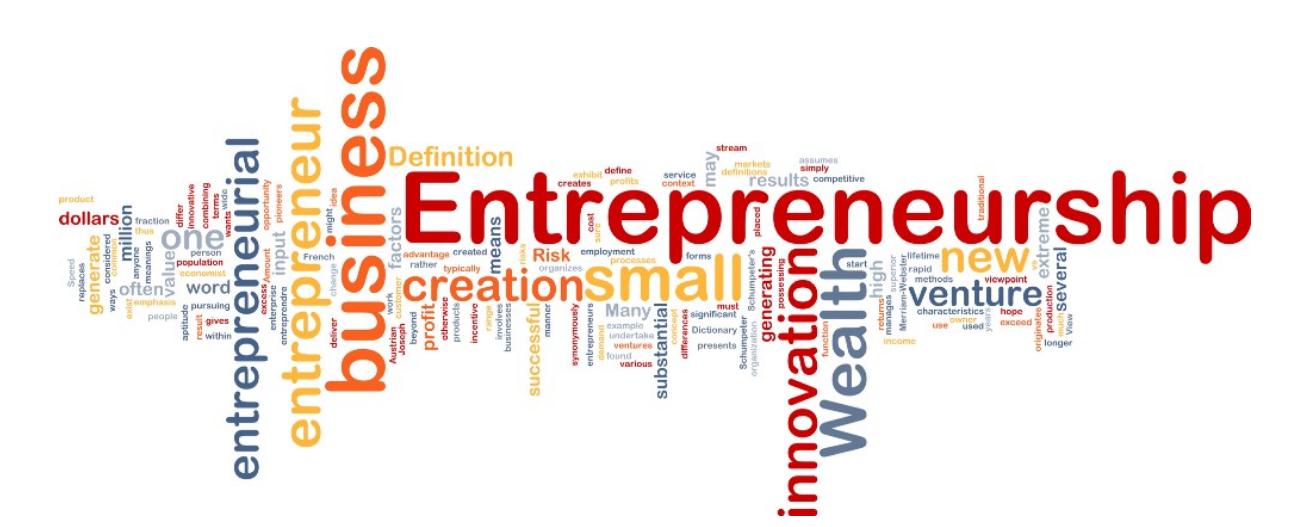
- Teacher: Jose Mari Jecon Miralo
- Teacher: CRISANTA SAPICO
This course will focus on the nature of identity, factors and forces that affect the development and maintenance of personal identity.


- Teacher: Mabel Echague

- Teacher: Mabel Echague
This course is designed for the learners to be familiar with the nature, function, and appreciation of arts in contemporary society.

- Teacher: Andrey Labordio
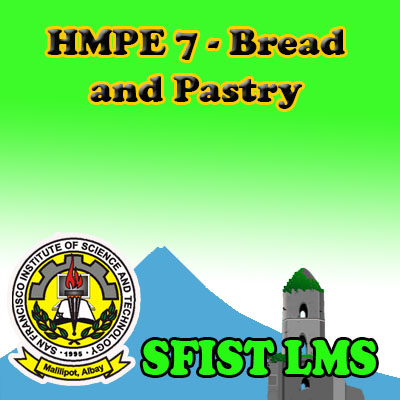
- Teacher: Kathleen Bejo
- Teacher: melanie reverente
Globalization and its
impact on individuals, communities and nations, challenges and responses

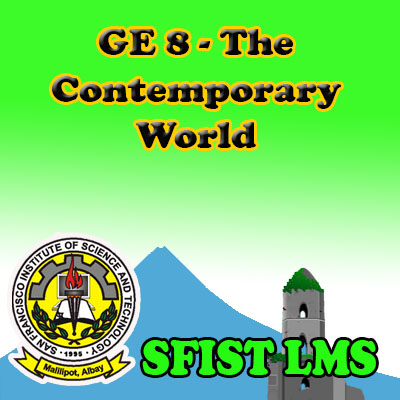
- Teacher: Marilyn Bringino
- Teacher: Mabel Echague
development of integrated marketing programs that will help grow businesses.
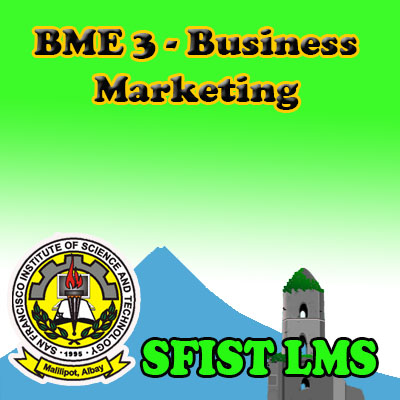
- Teacher: Syvel Najarila
This course deals with the fundamental principles, tools, and techniques of the financial operations involved in the management of business enterprises. It covers the basic framework and tools for financial analysis and financial planning and control, and introduces basic concepts and principles needed in making investments and personal finance are also covered in the course. Using the dual learning approach of theory and application, each chapter and module engages the learners to explored all stages of the learning process from knowledge, analysis, evaluation and application to preparation and development of financial plans and programs suited for a small business.
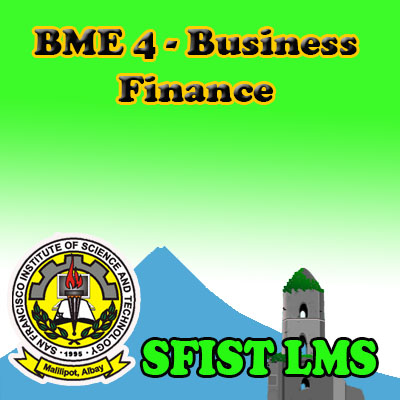
- Teacher: Andrey Labordio
Topics include: national and international regulation of the travel and hospitality industry; consumer contracts law; the law of carriers and inns; the duties of travel operators and agents; travel insurance law; the law of bailment; the responsibilities of the travel agents and tour operators; hotel management law; liquor licensing law; catering law; gaming law; marketing law; consumer rights and complaints; the law regulating payments; (including international credit card payments); the finance of carriers and inns; criminal and civil liability of people working in the travel and tourism industry. This course also examines the law regulating the issuance of visa and travel documentation and considers the liability of the operators, agents, carriers and government instrumentalities in relation to health and safety issues (including acts of terrorism).
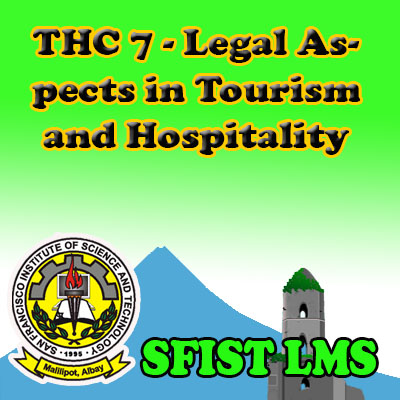
- Teacher: Syvel Najarila
This course describes
the skills, knowledge and performance outcomes required to develop a research
orientation among students and to acquaint them with fundamentals of research
methods like qualitative, quantitative or mixed methods research approaches that
will lead in the production of good, timely and relevant research study. It also encompasses the critical
understanding on identifying and assessing ethical issues related to research,
the awareness and benefits of research in the field of interest and its help in
their future career, in the society or community and in the local and global
environment.
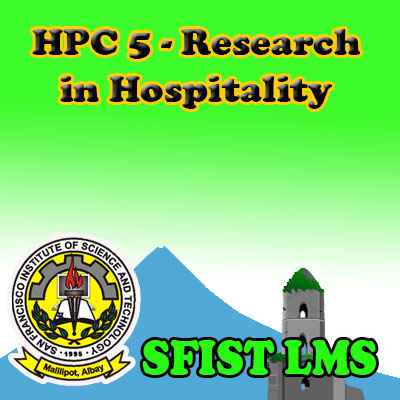
- Teacher: Marietta Verchez
This course will
cover the workings, operations, and the integrative activities of major
stakeholders in the Tourism and Hospitality industry. The students will also
gain knowledge on managing and marketing a service-oriented business
organization. Apart from the scope and structure of the travel organizations,
it provides an in-depth study of the nature and distinctive characteristics of
each sector of the entire tourism industry focusing on the management,
organization and planning of specific business strategies for the various
entities in the local setting. This will also involve the analysis of the
possible impacts of external factors and trends on the different tourism
industry sectors and specific types of businesses. It will also took into
client profiling such as travel motivations and influences as it relates to
aligning strategic and tactical solutions to the business. The course also identifies
the employment opportunities available in each sector and the corresponding
qualifications for the jobs.
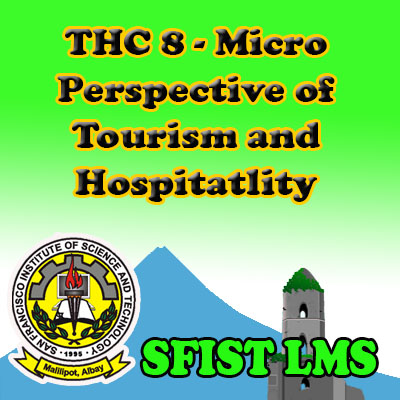
- Teacher: Kathleen Bejo
This course will
equip students with the necessary skills to develop actual marketing campaigns
for a business with the tourism and hospitality industry. Emphasis is on the
analysis of the market, its competition and its product; preparation of a
financial budget and the development of short-term and long-range strategies to
achieve desired profit through effective advertising, sales and an effective
public relations plan.
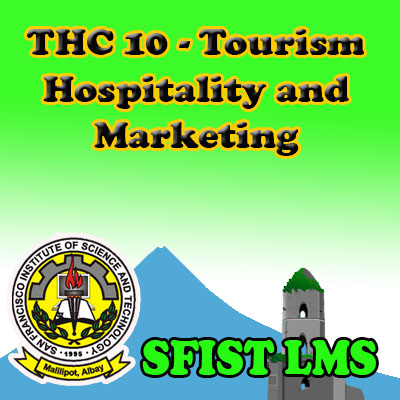
- Teacher: Syvel Najarila
This course is designed to enhance the knowledge, skills and attitude in planning and preparing foods to meet special dietary and cultural needs; designing menus, planning and implementing a food safety program and catering event; and managing a team of cooks for guests. It also includes competencies in developing teams and individuals, applying problem-solving techniques, collecting, analyzing and organizing information, planning and organizing work, conducting assessment, and managing workplace diversity, finances, and quality customer service.
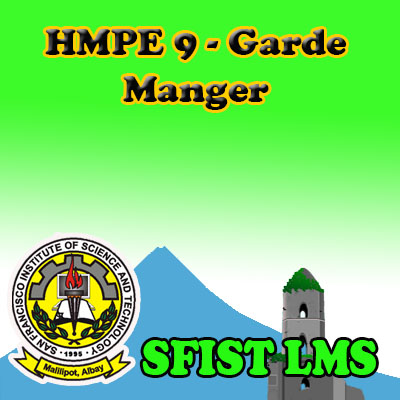
- Teacher: Ricky Mendoza
- Teacher: Jose Mari Jecon Miralo
This course examines
the complexities of food and beverage management. Both hotel foodservice
operations and freestanding restaurants will be discussed. Students will
explore menu planning, pricing, sanitation and safety, kitchen layout, storage
facilities and principles, food preparation techniques, purchasing and
inventory, beverage control, responsible beverage distribution and food service
presentation methods
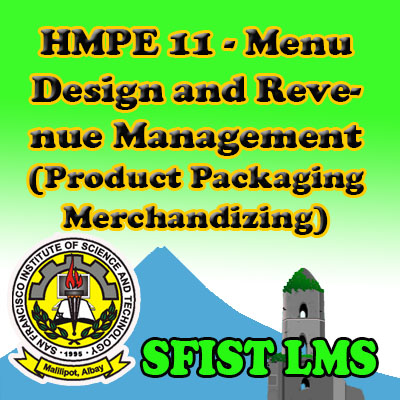
- Teacher: Ricky Mendoza
This unit covers the
layout, menu and storage aspects of planning a coffee shop which serves
patisserie items. It deals with the
production, display and service of patisserie products and suitable beverages.
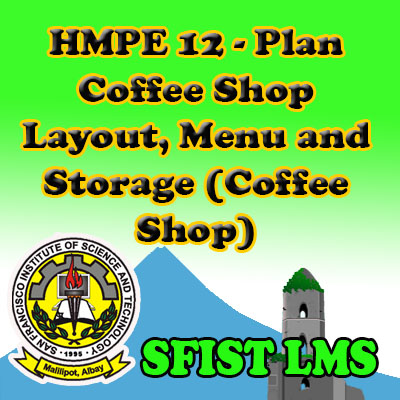
- Teacher: Ricky Mendoza
This course examines
the principles of conceptualizing, planning, managing and evaluating meetings
and events and festivals management. Topics include the significance of
conventions and events in tourism, event design, project management, methods
and evaluation, physical requirements, organizing, promotion and sponsorship.
This is an integration course that applies all the principles of conceptualization
or management and foundation tourism and hospitality courses.
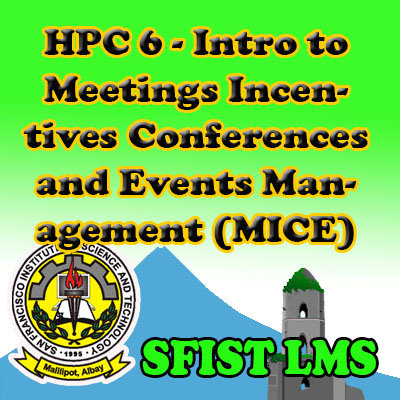
- Teacher: Marietta Verchez
This course describes
the skills, knowledge and performance outcomes required to understand the basic
concepts in managing the complete movement of products or services in a supply
chain from the suppliers to the customers. It also emphasizes on identifying
the effect of current and future trends in supply chain management and on
assessing the processes and performances in a supply chain to optimize
processes into a seamless, innovative and most cost-effective way to help
companies build a competitive edge.
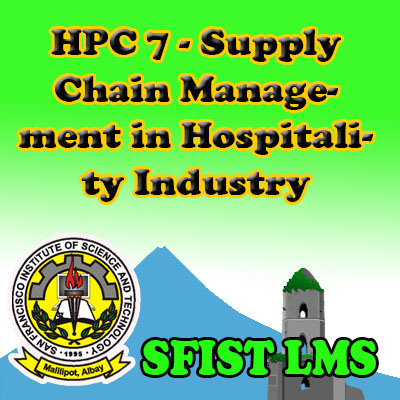
- Teacher: Kathleen Bejo
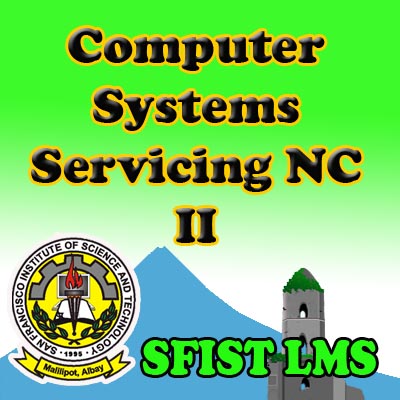
- Teacher: Elmer Brampio
The ELECTRONIC PRODUCTS ASSEMBLY AND SERVICING NC II Qualification consists of competencies that a person must possess to assemble electronic products, prepare printed circuit boards (PCB) modules and to install and service consumer and industrial electronic products and systems.
This Qualification is packaged from the competency map of the Electronics Industry
(Service sector)
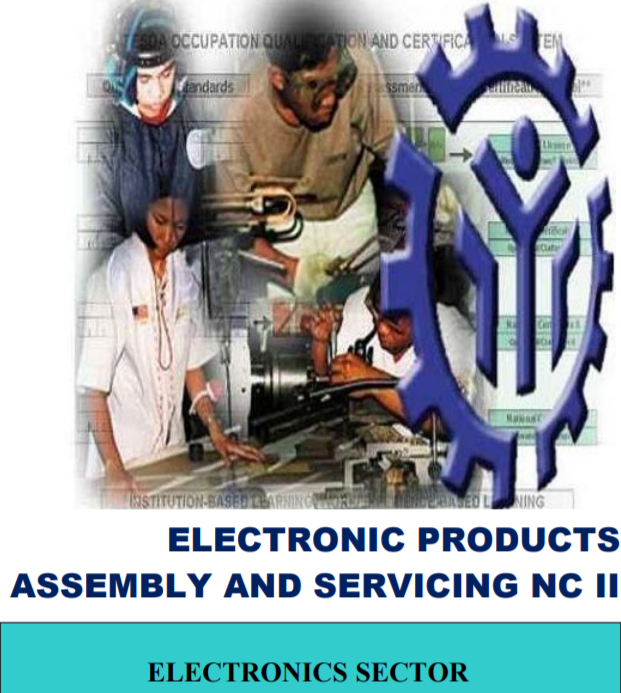
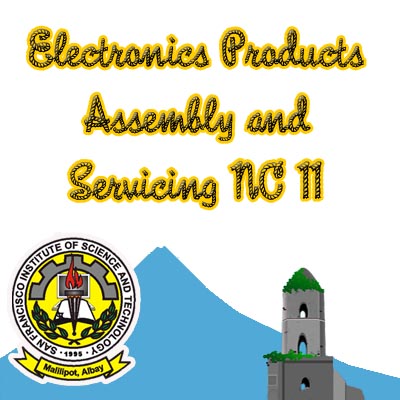
An kursong ini ay ginibo para madagdagan ang kaaraman,
paghahanda, asin paguugalii sa paglikay asin pag kontrol sa ilang na Covid-19
impeksyon sa pamamagitan nin personal na paghanda sa lugar kan trabaho asin sa
pagbyahe sa pampublikong tranportasyon.
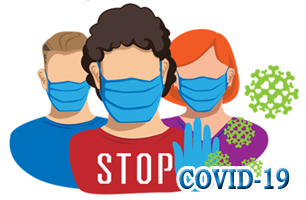
- Teacher: Aimee Samar
The SKILLSPRENEURSHIP
consists of competencies that a person must achieve to enable him / her to lay
tiles on plain and curved surfaces for walls, floors and other application and
repair of tiles on plain and curved surfaces.
- Teacher: Caryl Venus
- Teacher: Romel Vicuña
This Couse will discuss the content and topic in basic English Language
- Teacher: Marilyn Bringino
- Teacher: Jhonalyn Goyena
- Teacher: Joanne Ocbian
- Teacher: Kathleen Bejo
- Teacher: melanie reverente
- Teacher: CRISANTA SAPICO
The students will
learn the necessary knowledge, develop the various skills and cultivate the
proper attitudes needed for the delivery of quality service of food and
beverage operations in hotels and restaurants. Topics include the following:
Clean and tidy bar and food service areas; Develop and maintain food and
beverage product knowledge; Manage the responsible service of alcohol; Prepare
and serve cocktails; Prepare and serve non-alcoholic beverages; provide room
service; provide silver service; take food orders and provide courteous table
service; Manage intoxicated persons.
This course is designed to enhance the knowledge, skills and attitude of Front Office personnel in accordance with industry standards. It covers the basic, common and core competencies on receiving and processing reservations, operating a computerized reservation system, providing reception and accommodation services, conducting night audit, providing club reception services and providing porter services.
- Teacher: Andrey Labordio
- Teacher: Syvel Najarila
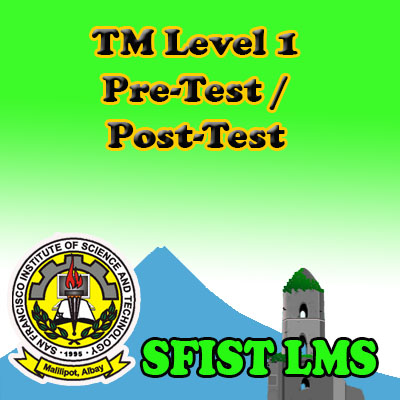
- Teacher: Manuel Bobis
- Teacher: Elmer Brampio
- Teacher: Marilyn Bringino
- Teacher: DAIZY NAVARRO
- Teacher: melanie reverente
- Teacher: Caryl Venus
- Teacher: Romel Vicuña
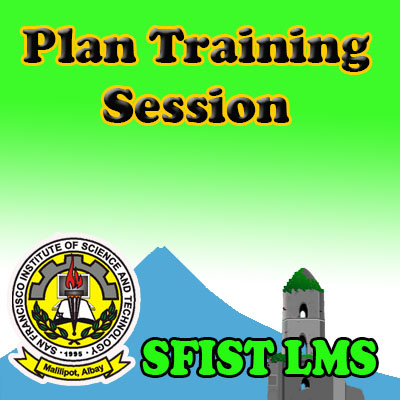
- Teacher: Manuel Bobis
- Teacher: Elmer Brampio
- Teacher: Marilyn Bringino
- Teacher: DAIZY NAVARRO
- Teacher: Caryl Venus
- Teacher: Romel Vicuña
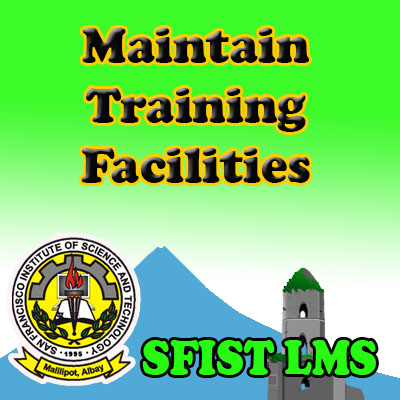
- Teacher: Manuel Bobis
- Teacher: Perla Bragais
- Teacher: Elmer Brampio
- Teacher: Marilyn Bringino
- Teacher: DAIZY NAVARRO
- Teacher: Caryl Venus
- Teacher: Romel Vicuña
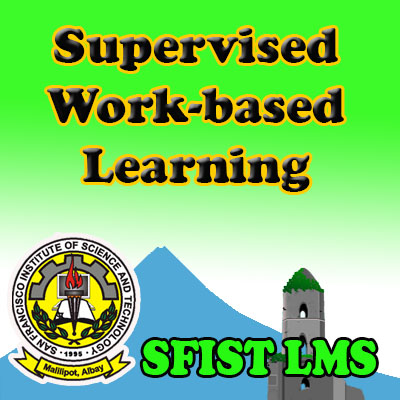
- Teacher: Manuel Bobis
- Teacher: Elmer Brampio
- Teacher: Marilyn Bringino
- Teacher: DAIZY NAVARRO
- Teacher: Caryl Venus
- Teacher: Romel Vicuña
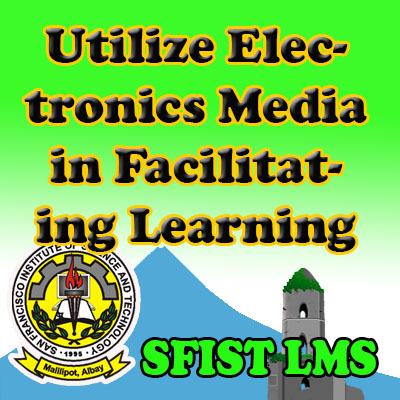
- Teacher: Manuel Bobis
- Teacher: Elmer Brampio
- Teacher: Marilyn Bringino
- Teacher: Jonathan Mondragon
- Teacher: DAIZY NAVARRO
- Teacher: Romel Vicuña
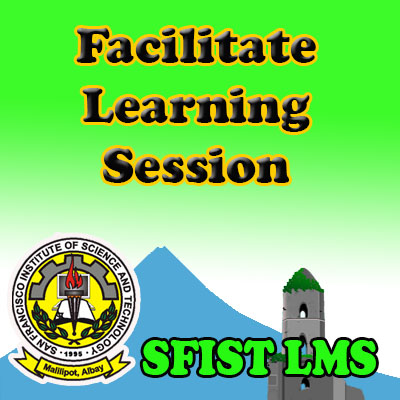
- Teacher: Manuel Bobis
- Teacher: Elmer Brampio
- Teacher: Marilyn Bringino
- Teacher: DAIZY NAVARRO
- Teacher: melanie reverente
- Teacher: Melanie Reverente
- Teacher: Romel Vicuña
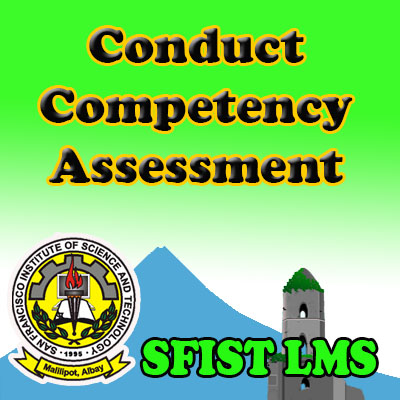
- Teacher: Manuel Bobis
- Teacher: Perla Bragais
- Teacher: Elmer Brampio
- Teacher: Marilyn Bringino
- Teacher: DAIZY NAVARRO
- Teacher: Romel Vicuña
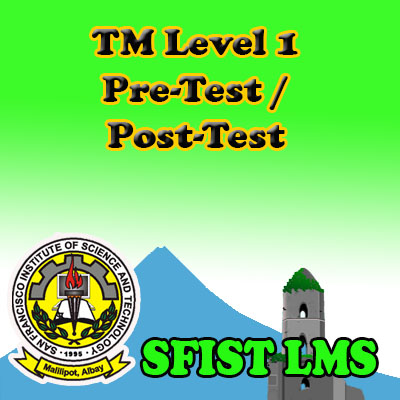
- Teacher: Elmer Brampio
- Teacher: Joel navarro
- Teacher: melanie reverente
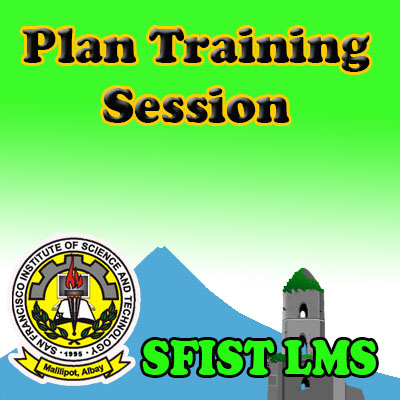
- Teacher: Elmer Brampio
- Teacher: Joel navarro
- Teacher: melanie reverente
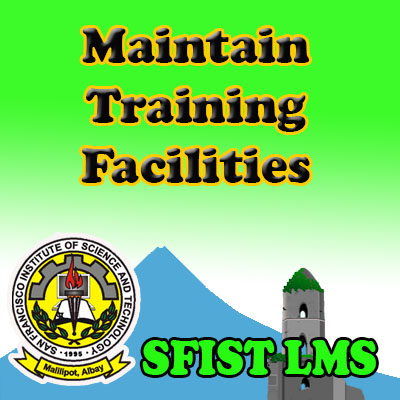
- Teacher: Elmer Brampio
- Teacher: Joel navarro
- Teacher: melanie reverente
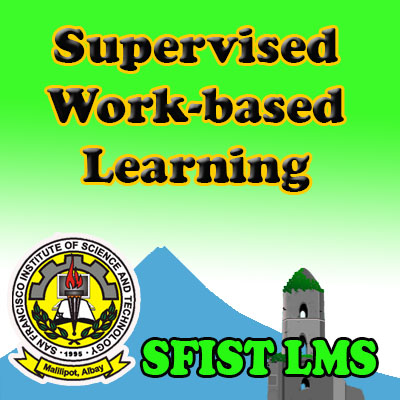
- Teacher: Elmer Brampio
- Teacher: Joel navarro
- Teacher: melanie reverente
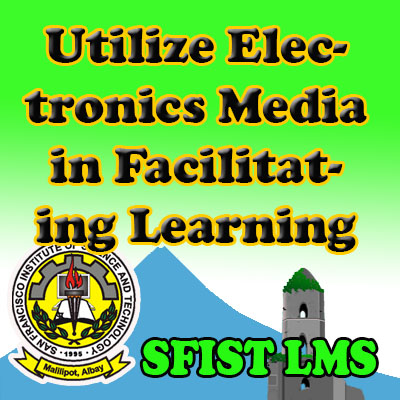
- Teacher: Elmer Brampio
- Teacher: Joel navarro
- Teacher: melanie reverente
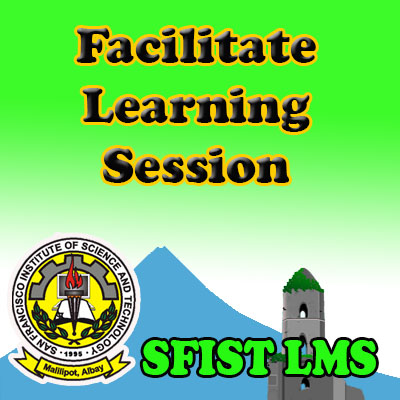
- Teacher: Elmer Brampio
- Teacher: Joel navarro
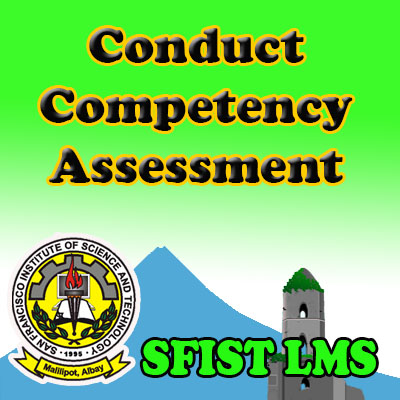
- Teacher: Elmer Brampio
- Teacher: Joel navarro
- Teacher: Manuel Bobis
- Teacher: Elmer Brampio
- Teacher: Jayben Carretero
- Teacher: DAIZY NAVARRO
CBTTMC
- Teacher: Marilyn Bringino
- Teacher: Jho Mendenilla
- Teacher: JOANNE MENDENILLA-OCBIAN
- Teacher: Romel Vicuña

- Teacher: Jonisa Lovendino
- Teacher: CRISANTA SAPICO
Skip course categories
